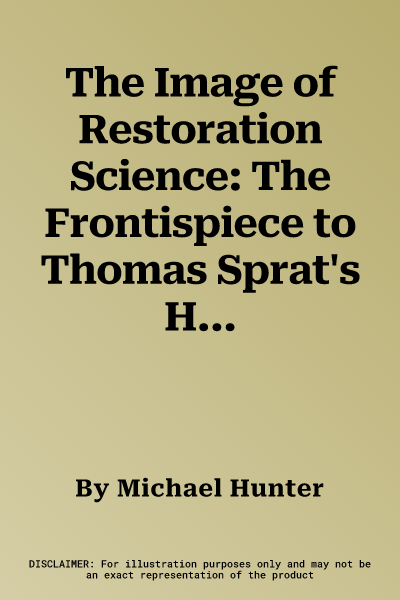This book is about a single image - the frontispiece to Thomas Sprat's
History of the Royal-Society of London (1667). Designed by John
Evelyn, and etched by Wenceslaus Hollar, it is arguably the best-known
representation of seventeenth-century English science. The use of such
plates to celebrate and legitimise the 'new' science of the period falls
into a tradition that was well-established both in Britain and in Europe
more generally, and which has increasingly attract attention from
historians. Nevertheless, there are many questions to be asked about it
and how it came into being. Was it an original composition by Evelyn, or
is it based on earlier exemplars? Can all the scientific instruments,
books and other objects that appear in it be identified, and what
significance should be attached to their inclusion? Above all, how did
the plate come to be designed in the first place, and what is its true
relationship with Sprat's book? In order to assess such issues, this
study provides a full analysis of Evelyn's image in its Royal Society
setting and the wider world of early-modern science. The book first
considers the overall iconography of the image and its message
concerning Evelyn's conception of the society's role, before moving on
to examine the myriad of details included in the plate and their
significance. It concludes by considering the print's history after
publication, including the extent to which Evelyn used copies to
exemplify the combination of technological and artistic accomplishment
to which he believed the society should aspire.

